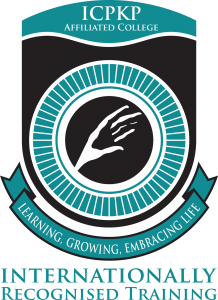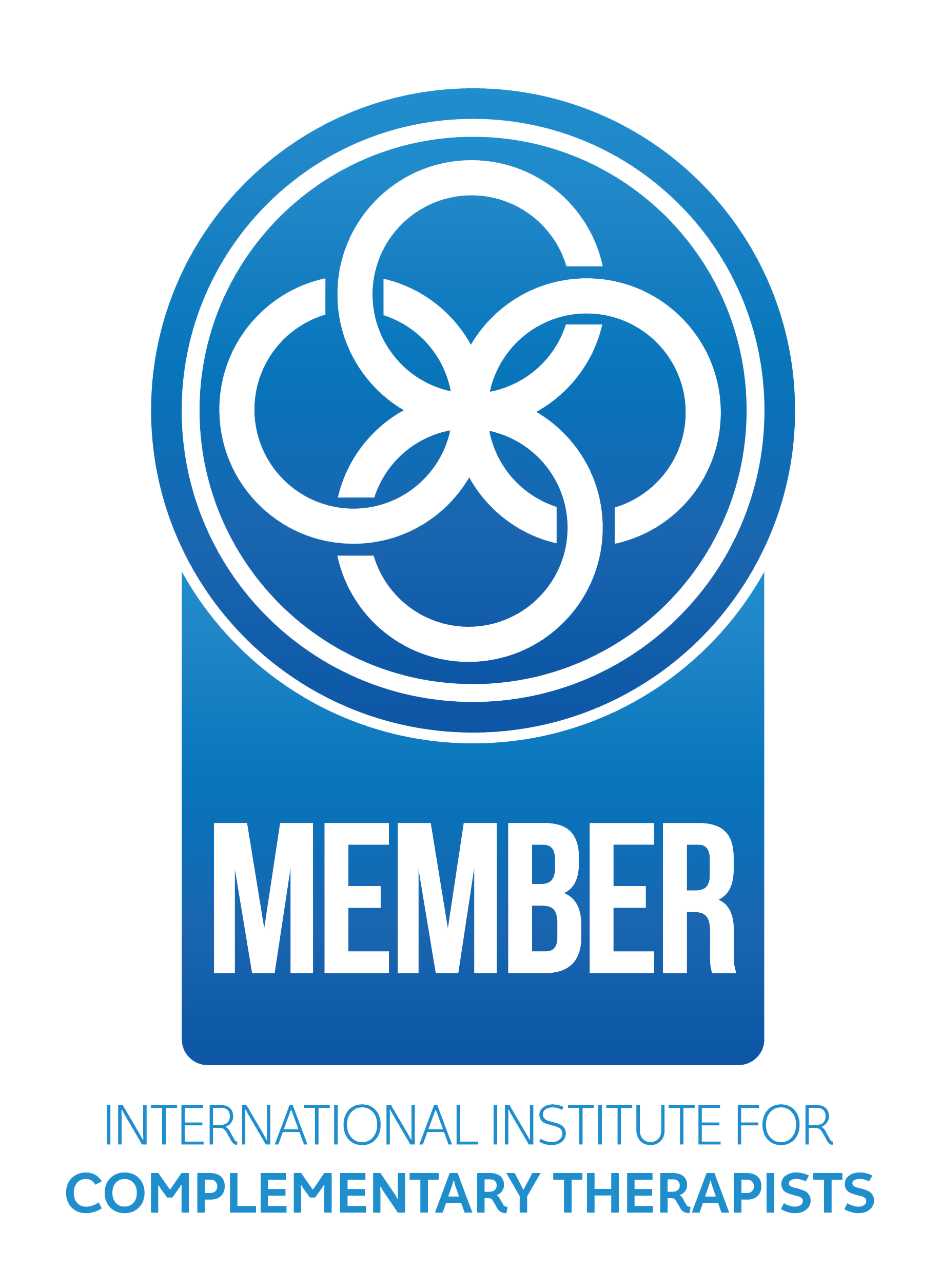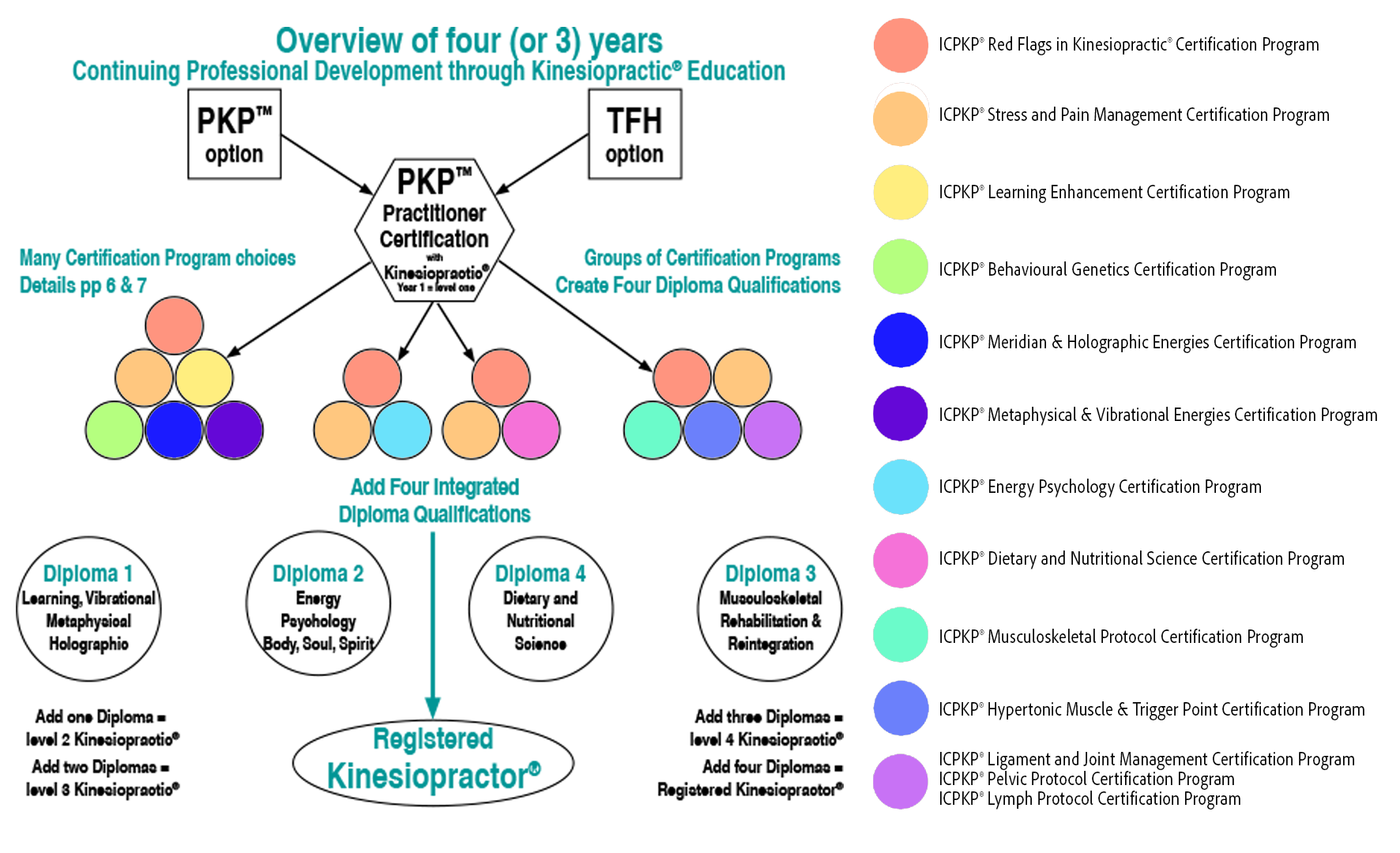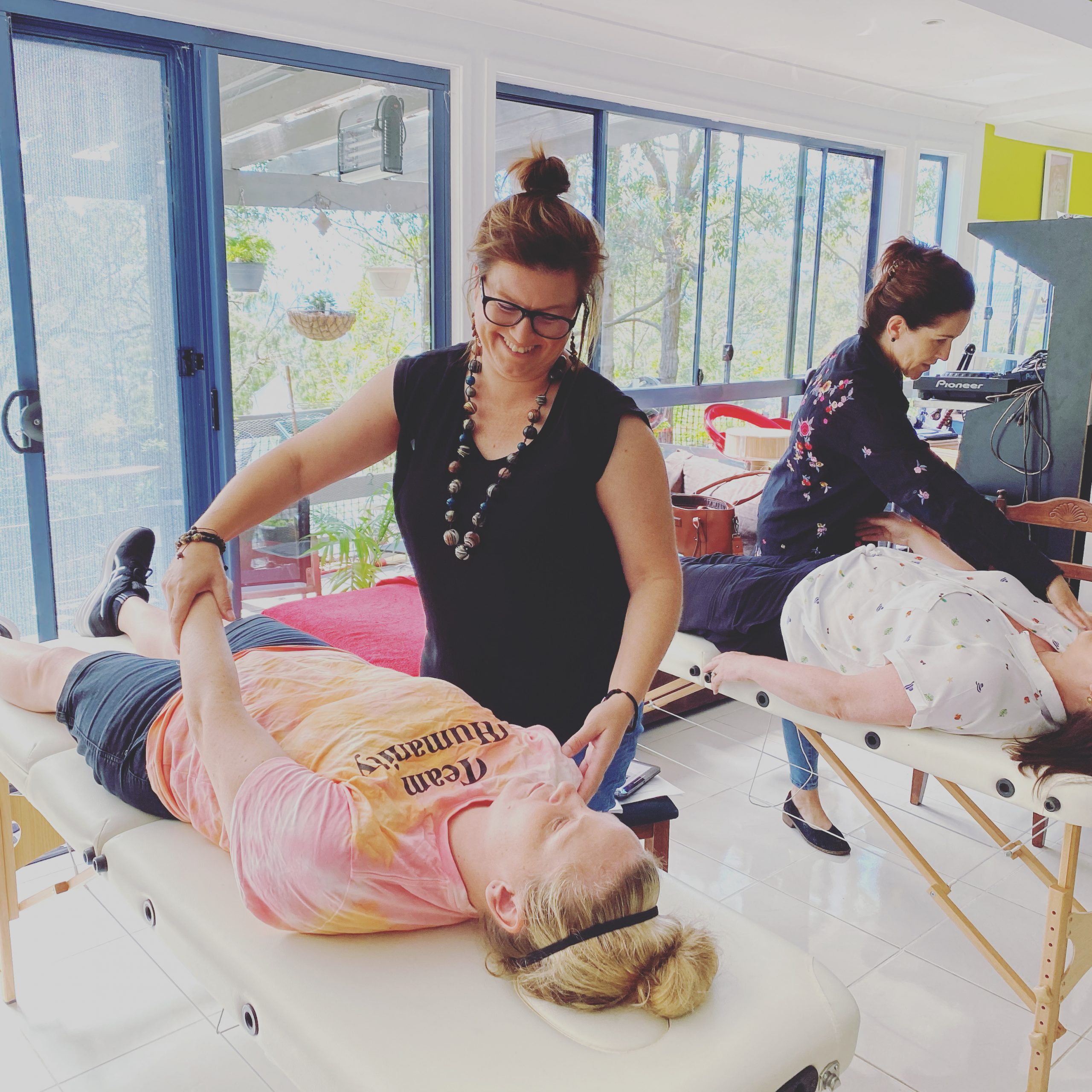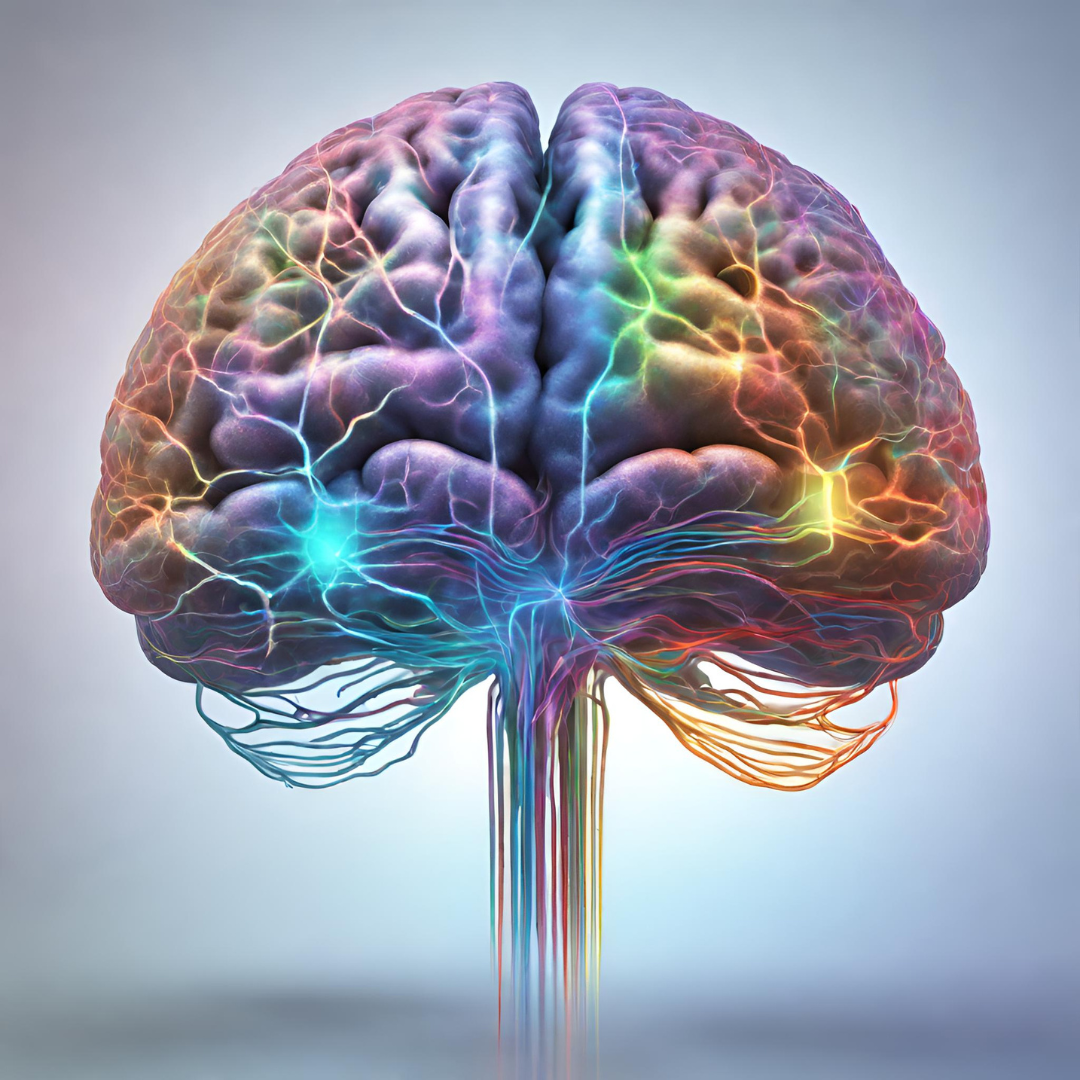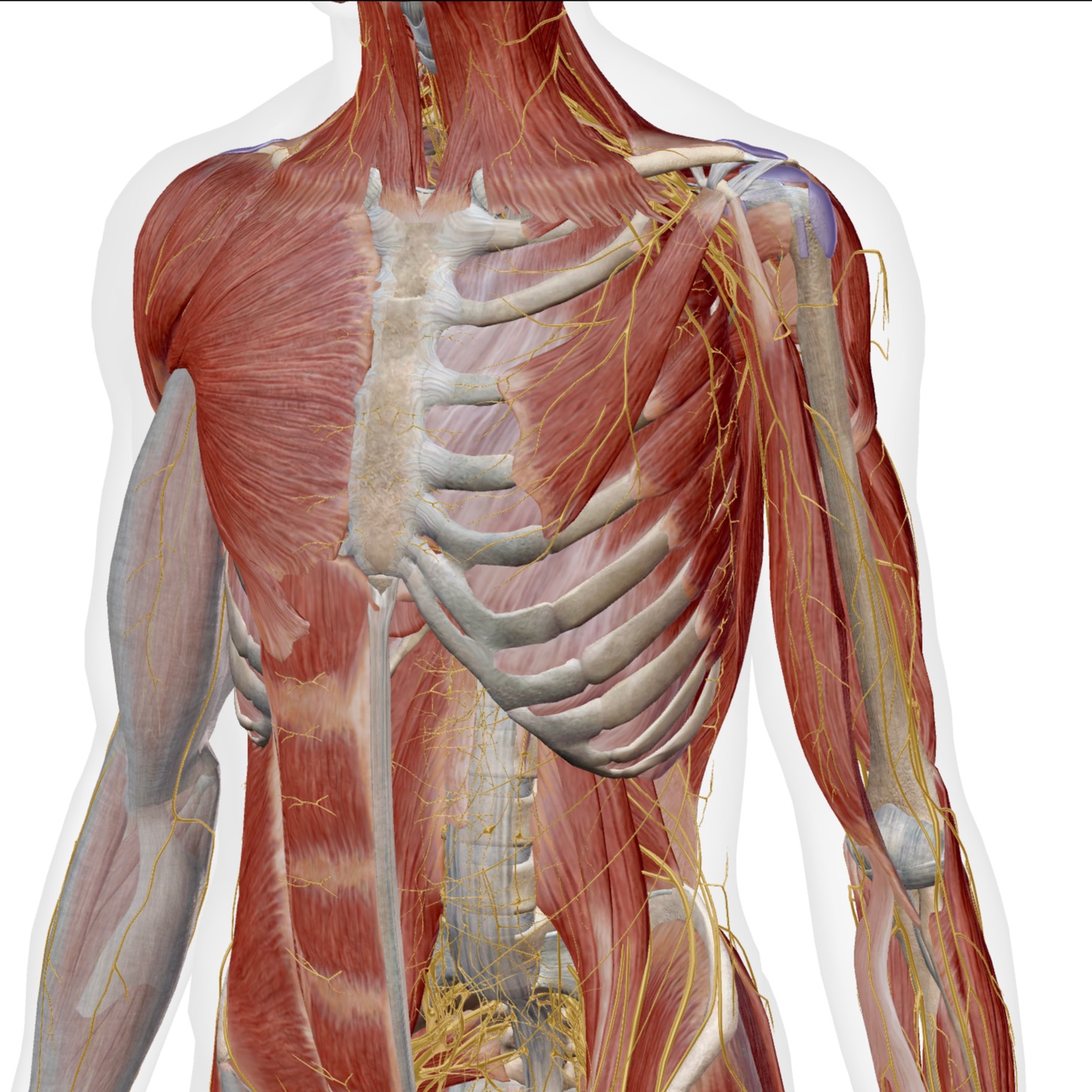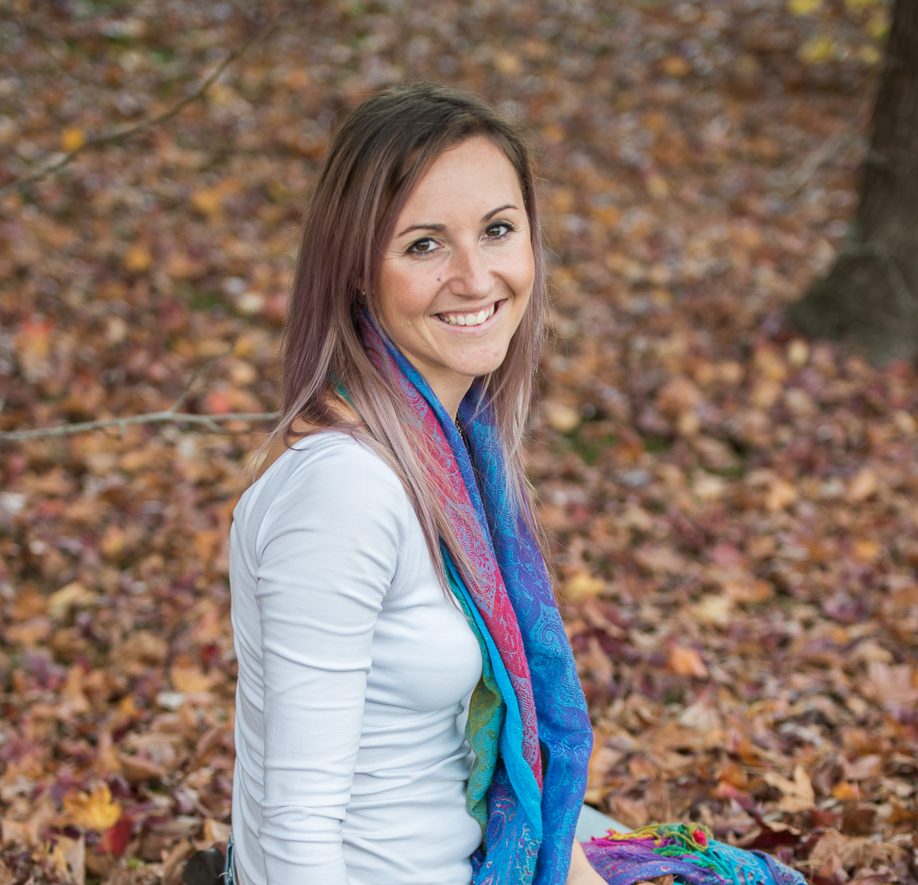Level 1 Kinesiopractor® Training
This is the foundational certificate in the ICPKP® programme.
This programme takes approximately:
- 12 months of face to face classes &
- 7 hours/ week of home practice +
- 20 Clinic hours.
- 55 hours mentored clinic hours
Following this you can begin seeing clients and helping them “find their magic and leaving the obstacles of the past behind them”. It also provides you with the ability to register as a member and get insurance through the IICT. From there you can continue your practitioner training pathway.
Read this Blog Post to find out more about what to experience from Level 1


